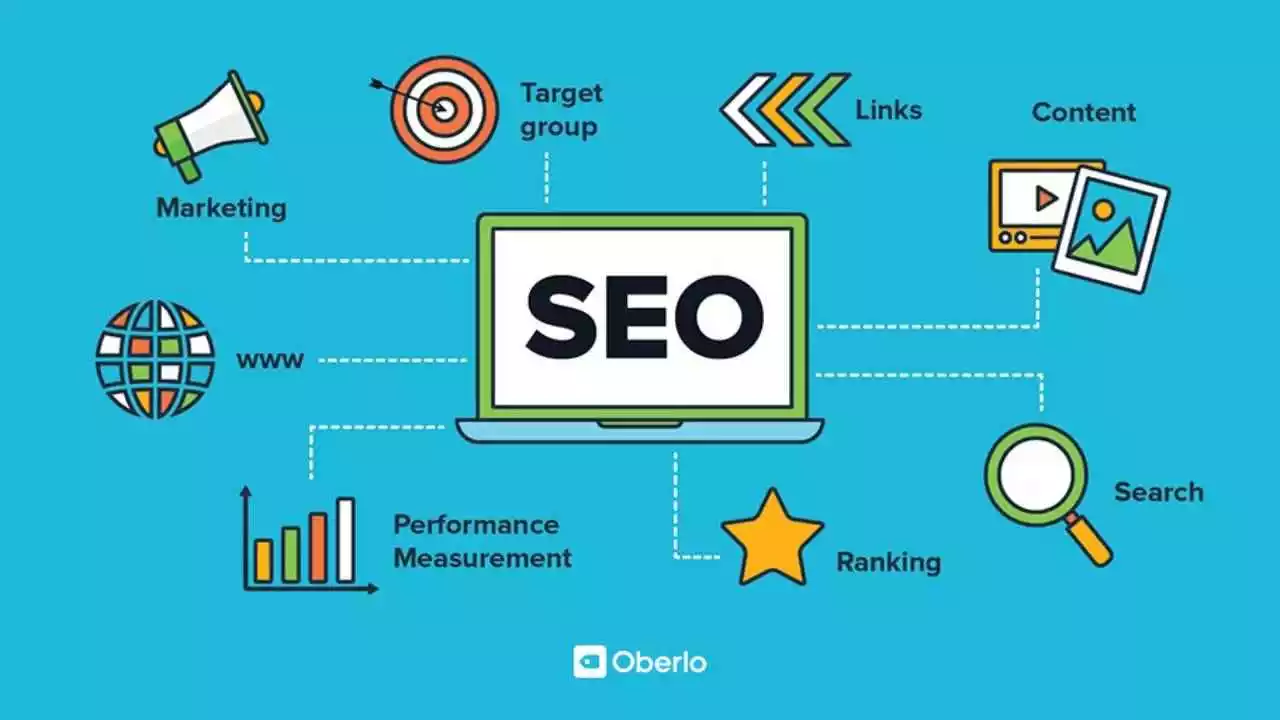Site analysis with 16 professional tools
In this article, we are going to talk about site analytics tools, at the beginning of each section, we will explain what tools will help you. If you plan to do site analysis professionally, you need tools. Knowing that you have three keywords for your business is not enough, you may be able to find out what users are also searching keywords and that you can have a precise targeting and Use the syntax effectively. I think the introduction is good enough, so we should hurry up and go to the main story.
The impact of keyword research on-site analytics:
The most crucial part of site analytics is keyword research. Keyword research tools help us identify keywords that are regularly being searched by users. You might ask what the benefits of keyword research are? The keyword research overall is to help us determine if the services or products we are going to offer have their target audience. Is it worth the time and cost to attract an audience if you have a significant audience?
You can also help with keyword research when you want to find out what your competitors are up to in your keywords. Using site analytics, you can easily find out which keywords are in Google’s initial results and content. Examine them.
1.Google Keyword Planner:

Google provides the Google Keyword Planner tool, if you use it for free, you don’t get accurate information but if you paid for it when you run Google AdWords campaigns, Use it to give you precise information about your keywords.
2.SEMrush:

The keyword research tool was developed by SemRush (Sam Rush) in 2008, designed and implemented by IT and SEO professionals in 2008. Early versions had problems, but over time it was able to meet the needs of users. Become a global tool.
This tool can summarise the short, long keywords and Google suggestions that is called LSI.
3.LongTail PRO:

This tool, as its name implies, is a powerful searcher for long keywords. Long keywords are widely used today, long keywords target your keywords, and users will find you more accurate and reach your search for your services and products.
4.KW finder:

Kwfinder is a lovely tool for finding keywords. You Have Any Idea This tool helps you find the best keywords for your business.
As you know, keyword research is the first step in analyzing the site and will help you get to know your audience better and have a good targeting.
SEO Analysis:
So after you have completed your keyword research step into a new phase of site analysis, you will need to review your website and your competitors technically. This survey lets you know what competitors are using and techniques to get top results in Google and other search engines SEO Agentur Dresden.
5.Screaming Frog:
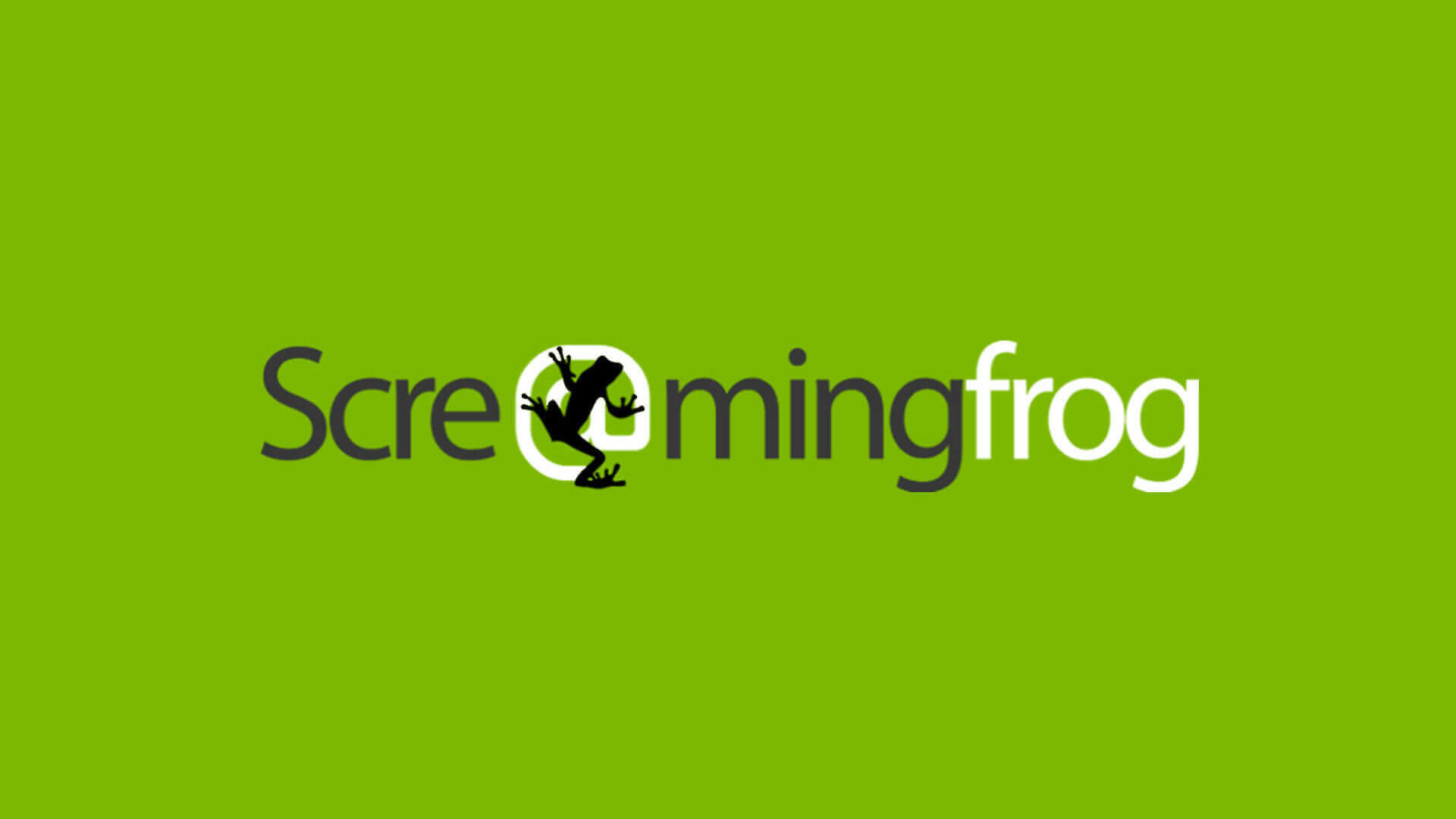
If you want to analyse your site thoroughly, try the Screaming Frog tool once! With this tool, you can find and explain everything that is influential on-site. You should also note that these tools can help you find and fix your site bugs.
6.DeepCrawl:

With this tool, you can detect the behaviour of Google crawlers. See how Google robots view your site and what it needs to be upgraded. This tool is free to start, and you should use the paid version after seven days.
7.Woorank:

It is an old and well-known site analytics website that most search engineers use for instant analysis. Did not receive email from a user, has become popular. Be sure to check out this website once in a while, and you will enjoy the convenience of working with this site.
Professional Website Analytics with Backlink Monitoring and Review:
8.Ahrefs:

The most powerful tool you can use to check your site links. This tool helps you in site analysis, and you can quickly get very comprehensive information from competitors. This tool is costly, but it has a lot of useful applications. With the help of this tool, you can get great information.
9. Open Site Explorer:

This product, which is a product of MOZ company, like ahrefs, provides excellent analytical details to webmasters, and you can use this tool to check your links and remove or repair them. Of course, links checking is a part of these tools, and you will be given some beneficial information in other sections.
10.Majestic:

The Majestic tool is also one of the oldest and most popular tools among webmasters, using it to find out how your linking process is performed, any significant errors or points that your website or competitors may have next to the page. Show you.
Clearing Spam Links, an essential step of site analysis:
By analysing your competitors’ site with the tools we have introduced to you, you have gained some useful information. Now is the time to have a regular link to your site. As you know, content and linking are two very highlights in SEO, with the tools we introduce below, you can check how competitors link and clear your website from any spam links.
11.linkresearch tools:

It is an excellent tool for finding relationships and spam. I have a great experience using this tool, and I suggest that if your website has problems with the linking, you can quickly troubleshoot and remove spam links from the site.
12.ontolo:
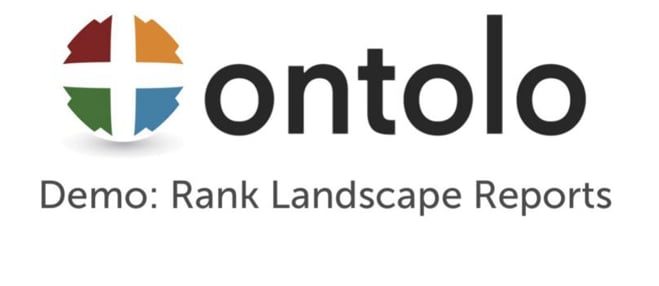
This tool comes to you most of the time! When you want to link to your website with this tool, you can specify your keywords, and in a few minutes, the machine will connect you to all the sites in your area that you can post guest posts on. It will also display linking methods through comments and forums, in addition to guest posting.
Read, Inexpensive and inexpensive website design for photography studio
This tool completely avoids spam methods and shows you in a separate graph which sites have used spamming and suggests that you do not link to them.
13.white spark:
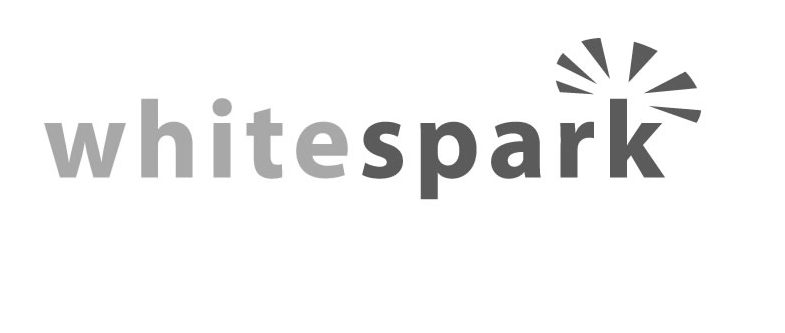
This tool in local optimisation linkage helps you increase your rank. No matter what type of business you have, this tool will show you what strategies your competitors are in the top rankings and what methods you should use to get to their position.
Rank Tracking Site Analysis:
14.Google Search Console:

No tool can provide you with more accurate information than Google tools. The Google Webmaster Tool is a free site analytics tool that is extremely accurate and helps you check if you have a growing status. I suggest you learn how to use this tool completely because you will always need it.
15.Advanced web Ranking:

It displays daily, weekly, and monthly reports in the dashboard for its users, and thoroughly review all the factors that make you bottom out and offers suggestions for troubleshooting. This tool is more for internet marketing agencies and people who have a large number of projects and do not have the opportunity to collect reports manually. The machine is designed to give you complete information on the process in the shortest possible time.
16.Authority Labs:
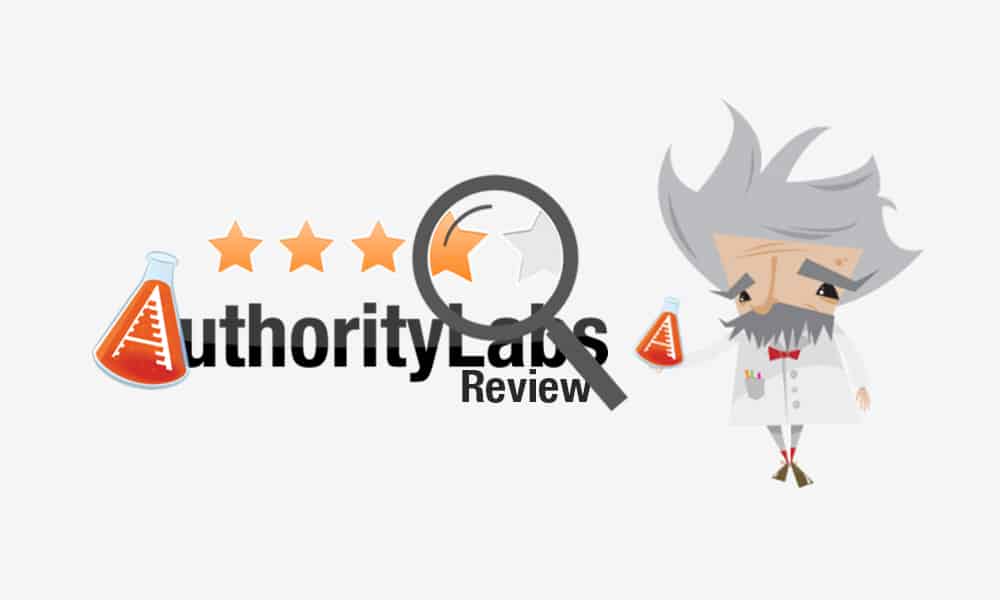
With this tool, you can track your position in the search engine results of Google, Yahoo, Bing daily. If you use this tool, you no longer have to worry about your place on Google as it offers you interesting apps so you can progress fast.
The site analytics tools presented in this article are professional and need to be paid for. If you are going to work professionally and your customers are many who cannot do your job manually, I suggest using these tools. It will save you time.
